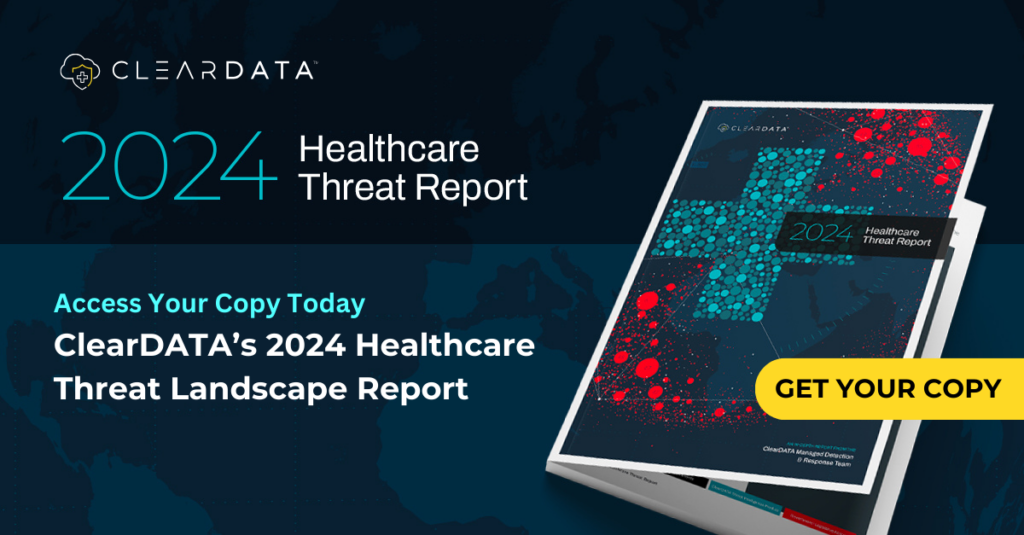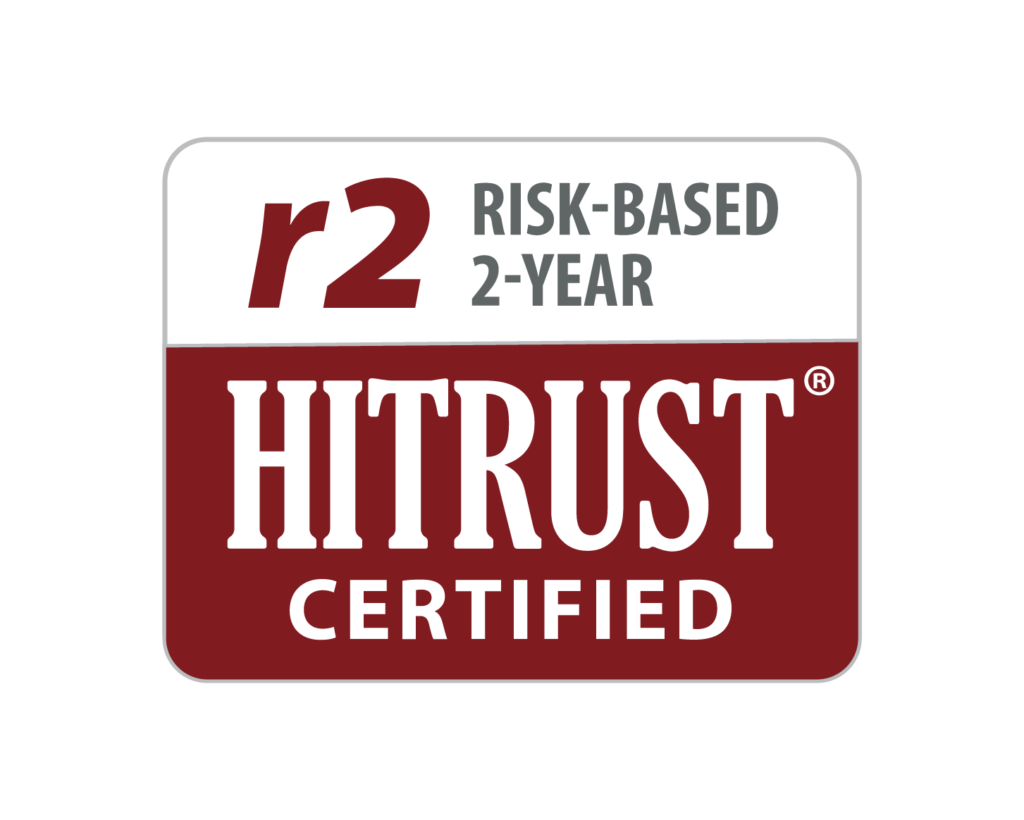Why The Cloud Is Set To Ignite A Clinical Trial Revolution
Clinical research is transforming from a paper-driven model into one that is almost wholly electronic. This goes well beyond the electronic transcribing of data. Wearables and smart phone technology now make it possible to electronically collect data directly from clinical research trial participants, skipping many manual and middle steps. Yet despite the advent of this “remote patient-centered” model for clinical research, clinical trials still take a long time and cost a lot of money. Even with high speed computers and software applications that replace paper-based work, it remains a significant undertaking to manage a clinical trial, especially one with multiple sites and remote participants.
The solution is to bring clinical trial management into the modern age, as well—and it’s a solution that can be found in the “cloud.” Broadly defined, cloud computing is the centralized management of data and applications on virtual or Internet-based servers. When offered by a third party vendor, they are referred to as cloud managed services. As the following list demonstrates, these services replace an outdated model for data management, whittling away expensive time and labor in the process.
Developing the clinical trial concept. In the initial concept evaluation phase, researchers rely on expert and peer feedback. Having one centralized “console” in the cloud from which to query, receive and archive feedback vastly speeds up this important phase for input. In a cloud environment with professional-grade security, including rigorous data access controls, it also assures discretion of valuable collaborative input.
Developing the clinical trial protocol. The benefits of centralized collaboration apply even more so during protocol development. Keeping the latest document with all the most recent amendments in one central location can circumvent the confusion that ensues when everyone is trying to keep track of the latest version on their own.
Conducting and monitoring the research. Centralized cloud management especially saves time for clinical trials with complex logistics—such as multiple sites enrolled; thousands or even tens of thousands of remotely monitored participants; and other large, random studies. Using a managed services provider to aggregate this data into a central repository can shave months off a clinical trial’s duration.
Some top tier cloud data vendors even offer “analytics-as-a-service.” This can include data standardization, presentation and visualization services that help pharma companies, clinical research organizations and other partner organizations integrate, share and analyze data from clinical trials.
Intervening to make adjustments to the protocol. While a protocol based on the “adaptive design” model for clinical trials will allow for changes, the reality is these tweaks aren’t easily made when data is in disparate locations. Centralizing this data in the cloud, by contrast, facilitates nimble and quick action with robust auditing.
Protecting the confidentiality of study participants. Among the most important responsibilities a clinical researcher has, protecting study participant privacy is also stringently covered under the HIPAA Security and Privacy Rule.[1] Perhaps the biggest benefit of a centralized cloud, located in a secure data center, is how it can apply multiple layers of security to sensitive patient data.
Because security is so paramount, it’s a topic worth expanding on a bit more—beginning with the painful reality that personal health data is just as valuable to hackers as it is to researchers. That’s why data theft is on the rise at hospitals, commercial insurers and other healthcare organizations. Pharma companies and clinical research organizations will increasingly find a similar target on their backs as they take on responsibility for more patient data.
This makes partnering with a cloud services vendor all the more desirable. A top tier provider offers a comprehensive portfolio of managed security services, along with access to experienced IT security experts, including a Chief Privacy Officer who is deeply familiar with the HIPAA Security and Privacy Rule, FDA requirements and other mandates. Given the current global shortage of specialized IT security professionals, this access on its own is a significant benefit.
Other cloud services for clinical trial data
Somewhat related to security, pharma companies must have backup and disaster recovery to protect clinical trial data that would be difficult—more likely, impossible—to acquire again in the event of data sabotage or a natural disaster. If quick and responsive are the characteristics of tomorrow’s winning pharma company, a similar data management strategy must be deployed. Real-time replication services should be on the “must” list when choosing services from a cloud data vendor’s portfolio.
Keep in mind that every benefit the cloud brings to pre-market trials can also be applied to post-approval studies. Here the scalability of cloud data management can quickly accommodate drug testing on new groups and larger populations. In the months ahead, both pre- and post-approval trials will only expand in size and scope as more patients join them in. With the right cloud managed services partner, pharmaceutical companies and the businesses that serve them will be among the first to enter—and succeed—in this promising new landscape for clinical trials.
About the Authors:
- Scott Whyte, Advisor and Former Chief Strategy Officer at ClearDATA
- Brent Gendleman is Founder/Executive of 5 AM Solutions


